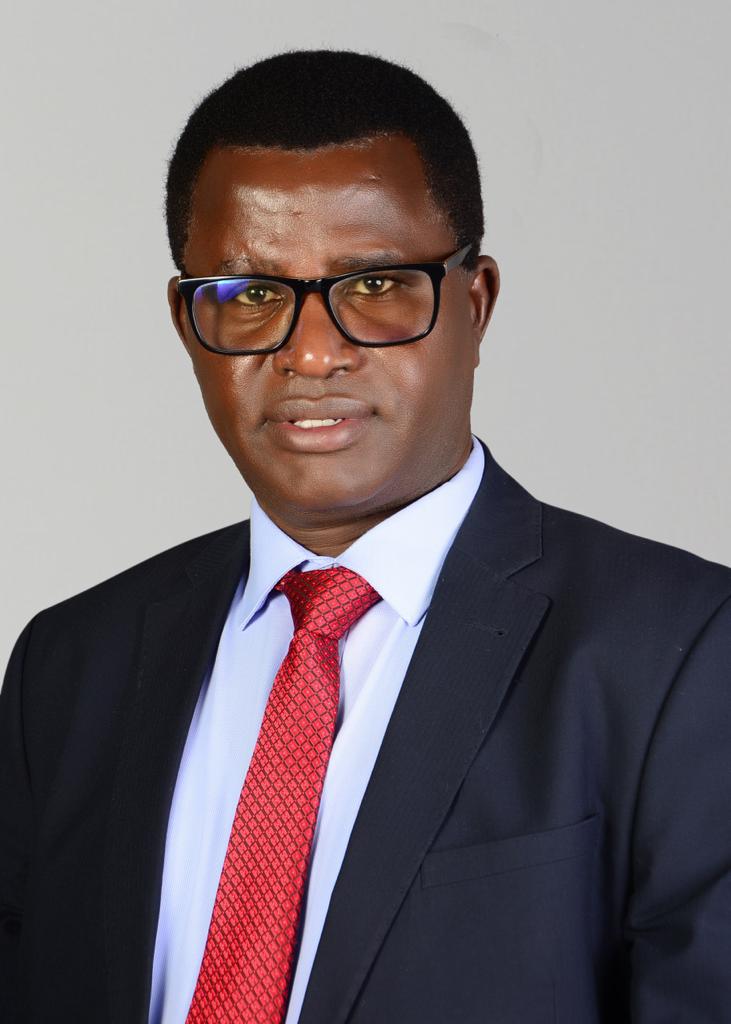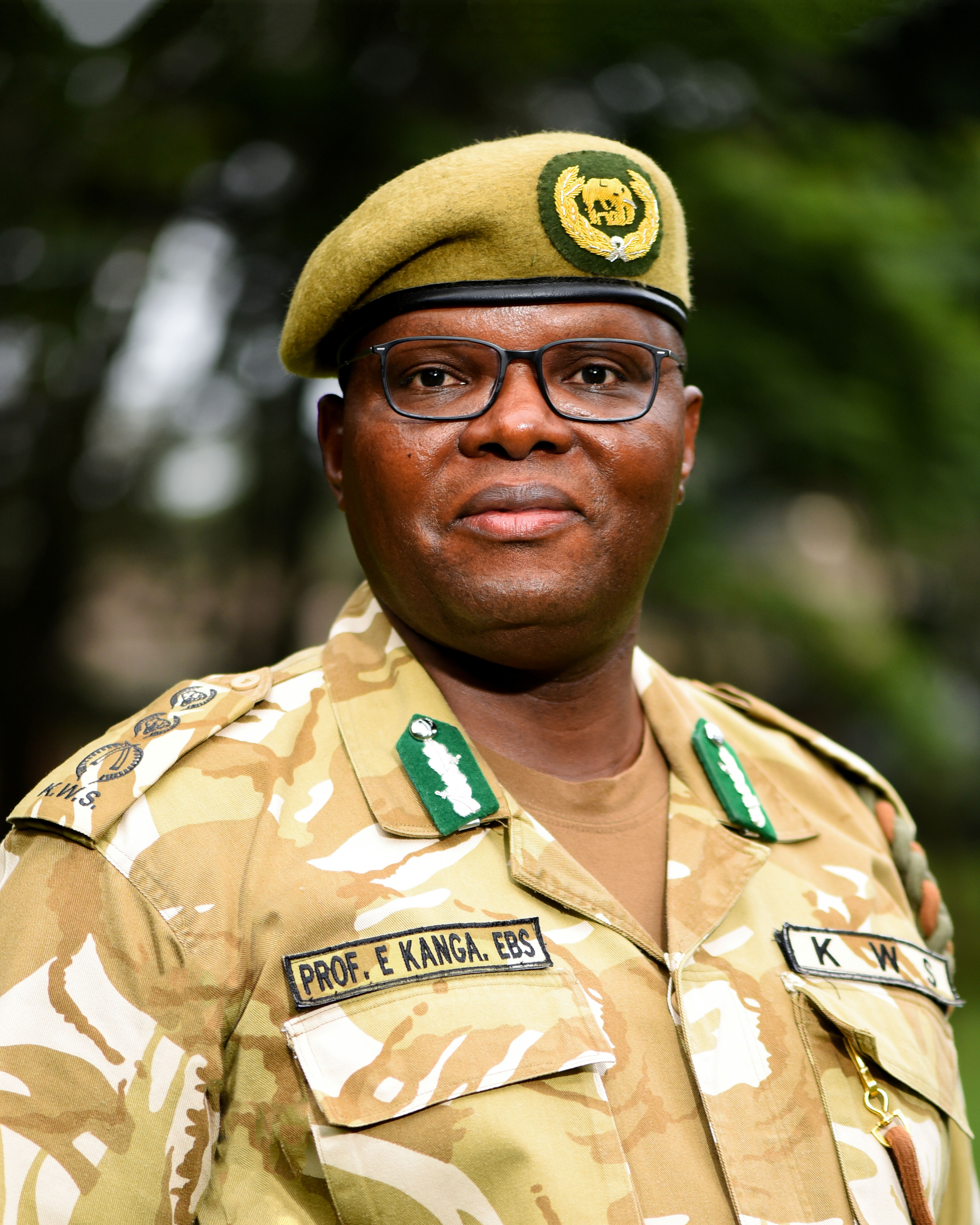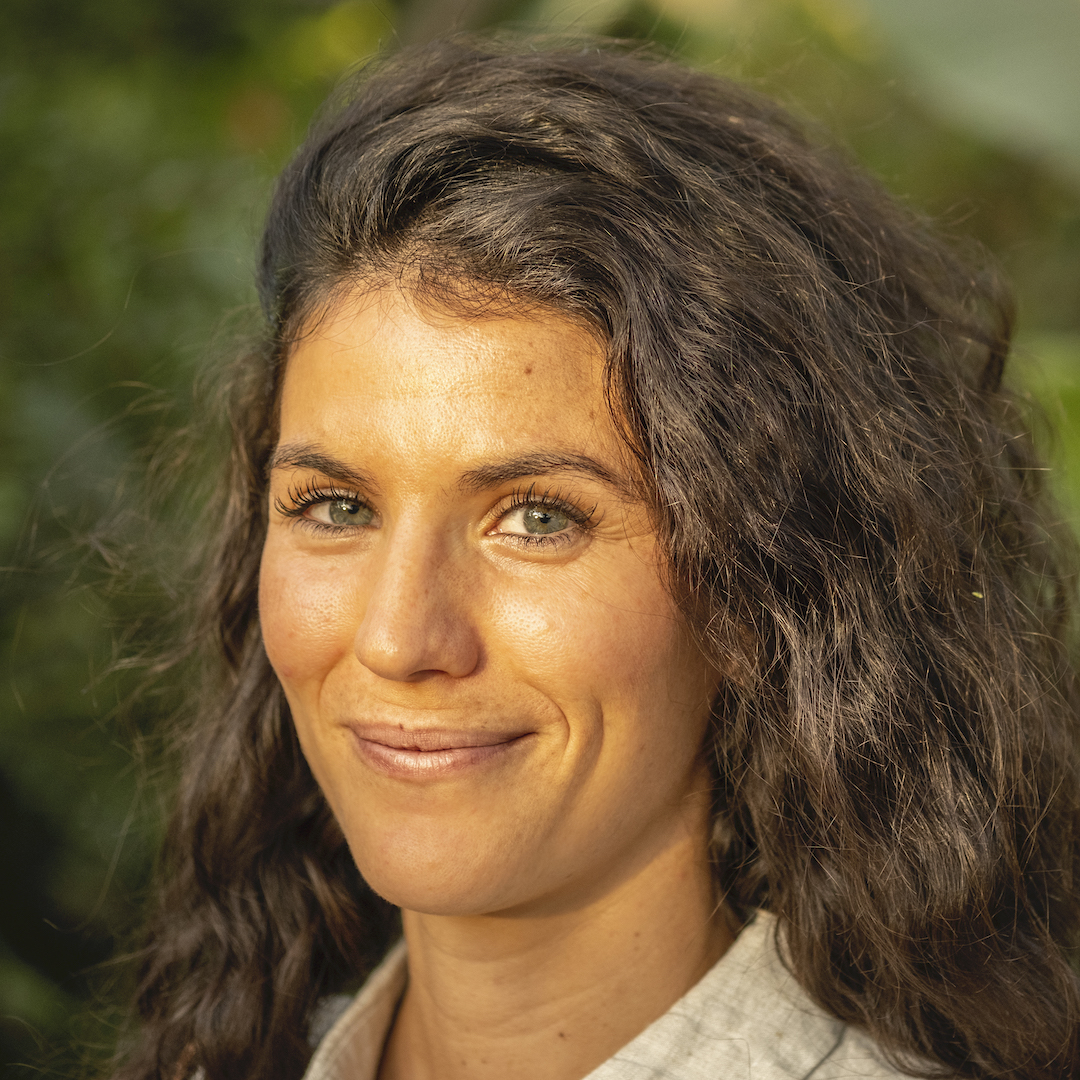Why attend
Join leading experts to explore how strategic monitoring enhances conservation translocations, ensuring species recovery and ecosystem restoration. This session will tackle key challenges, including post-release monitoring, health and welfare integration, disease risk management, and selection of release candidates, fostering collaboration and advancing science-based, adaptive translocation strategies for global conservation efforts.
Session Description
This session, co-led by Smithsonian Institution and IUCN SSC Conservation Translocation Specialist Group, explores challenges in multi-objective monitoring and adaptive management for conservation translocations. As essential tools for achieving the Kunming-Montreal Global Biodiversity Framework’s Target 4, conservation translocations play a crucial role in species recovery and ecosystem restoration. While these efforts have been used for thousands of species and continue to grow, some remain insufficient or contentious. No conservation gains come without risk, and we aim to illustrate how objective-linked monitoring—including wildlife health, genetics, ecosystem impacts, behavior, social dimensions—can enable more courageous and responsible translocations. This session brings together experts to discuss priorities for a multi-dimensional framework to strengthen planning, implementation, and long-term monitoring. Panelists and participants share experiences, explore successful models, and examine tools for improving adaptive management. Through interactive World Café discussions, we dive into selected real-world challenges and contentious topics requiring transdisciplinary approaches for progress.Speaker
section head - Animal assessment and conservation, Environment Agency - ABU DHABI
Director of Conservation and Science, Smithsonian's National Zoo and Conservation Biology Institute
Deputy Director Research, Wildlife Research & Training Institute, Wildlife Research and Training Institute
Moderator
Panthera Director of Small Cat Program; Conservation Translocations; Chair IUCN, Panthera; IUCN Conservation Translocation Specialist Group





